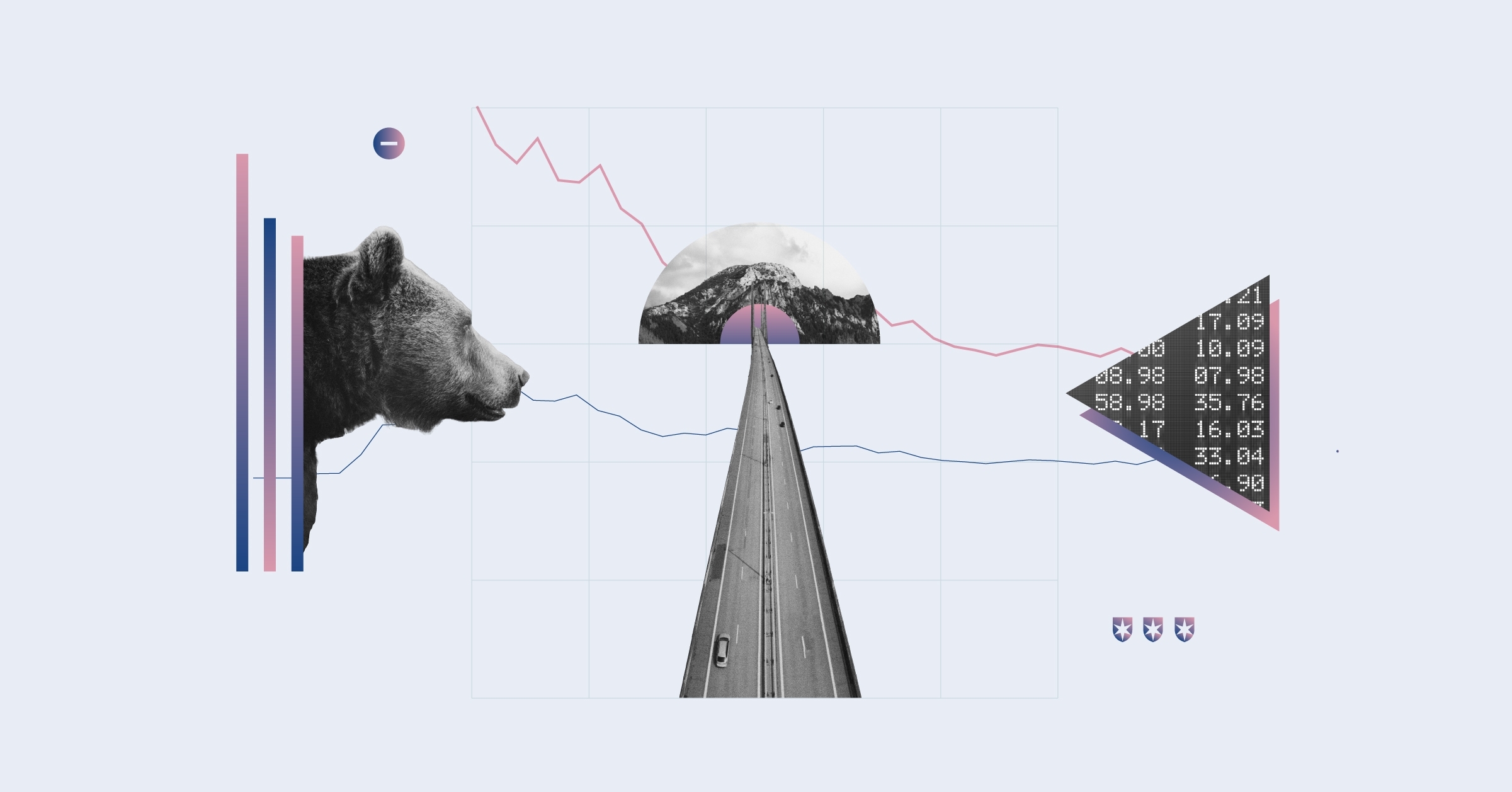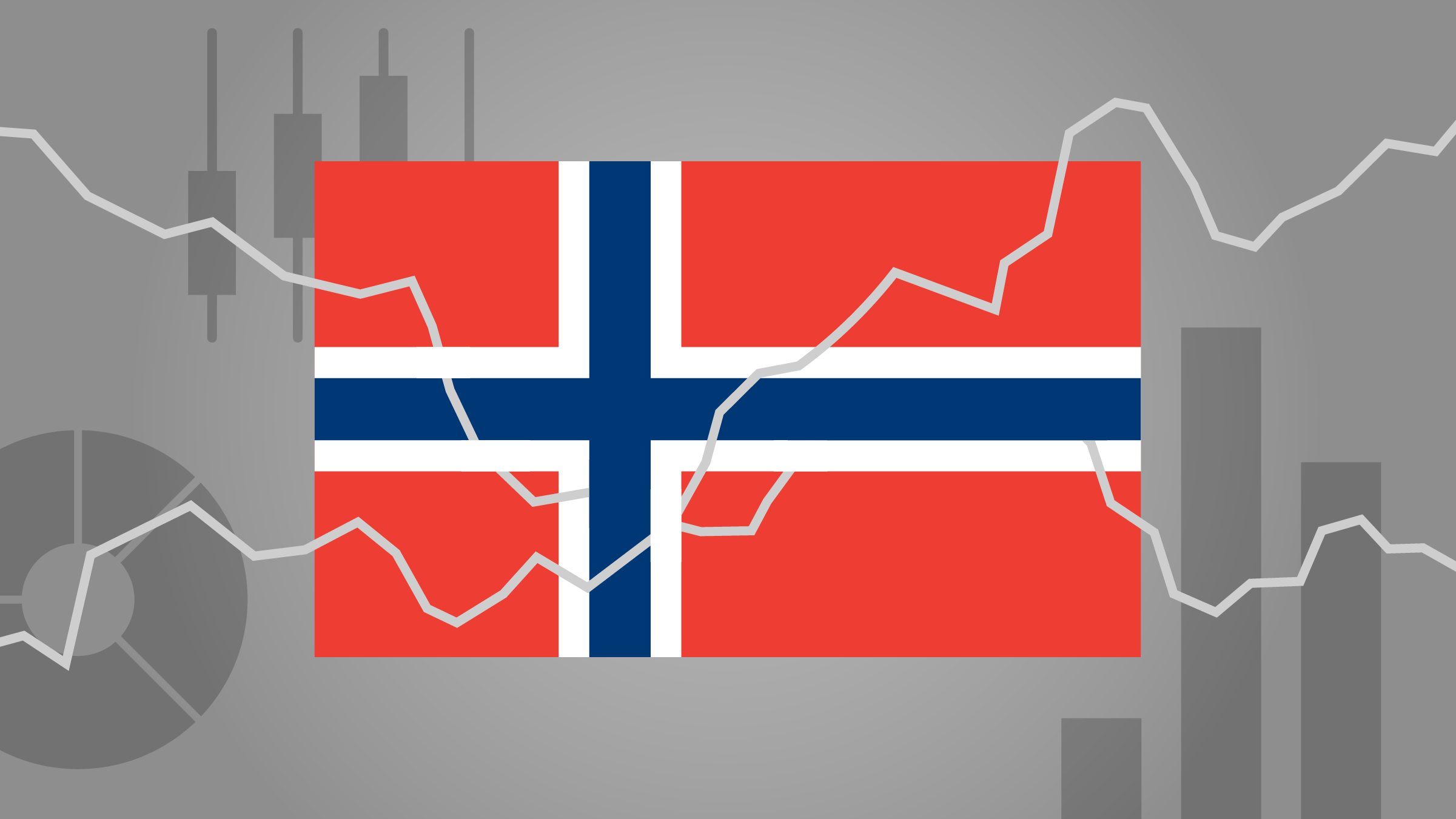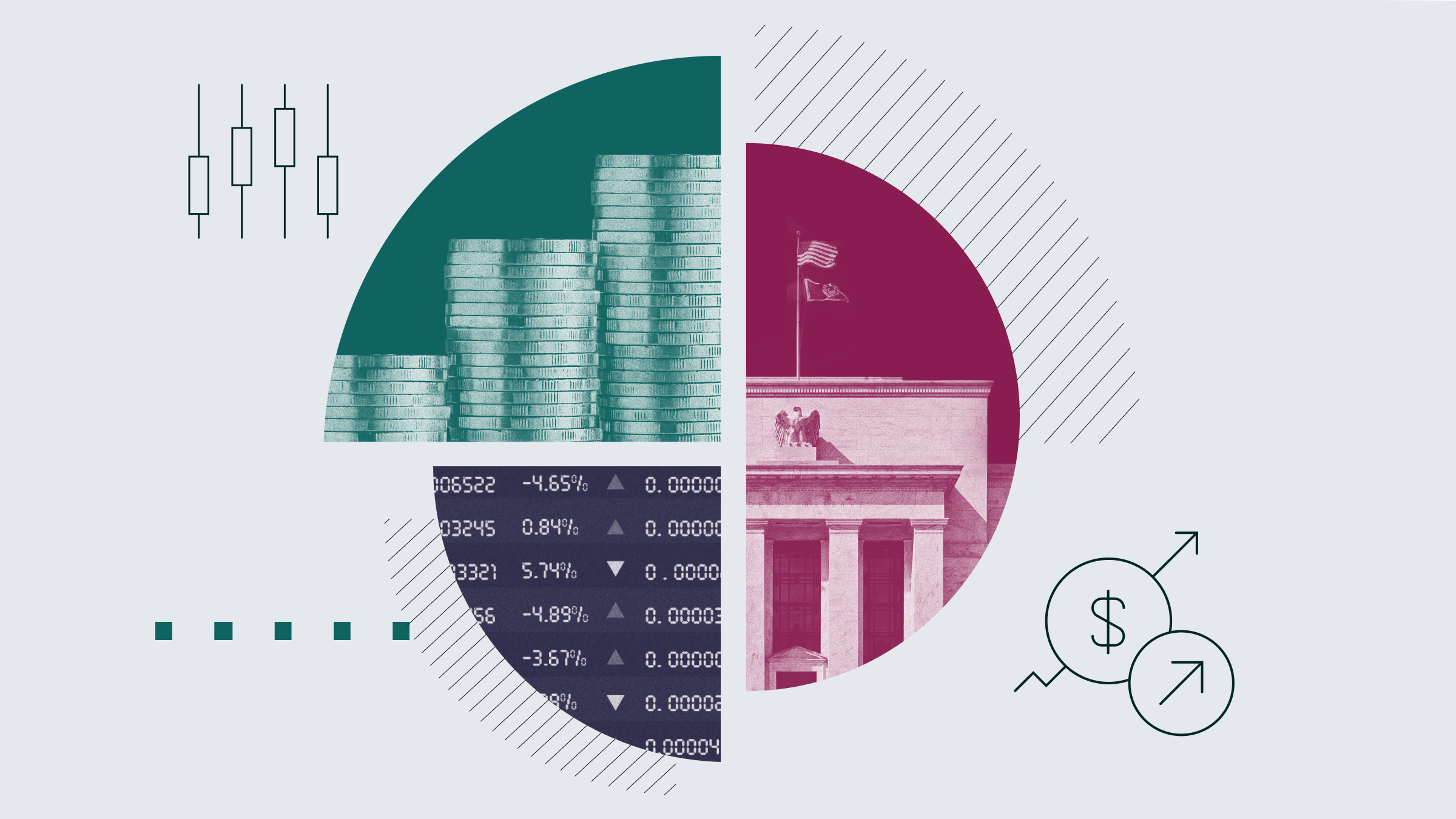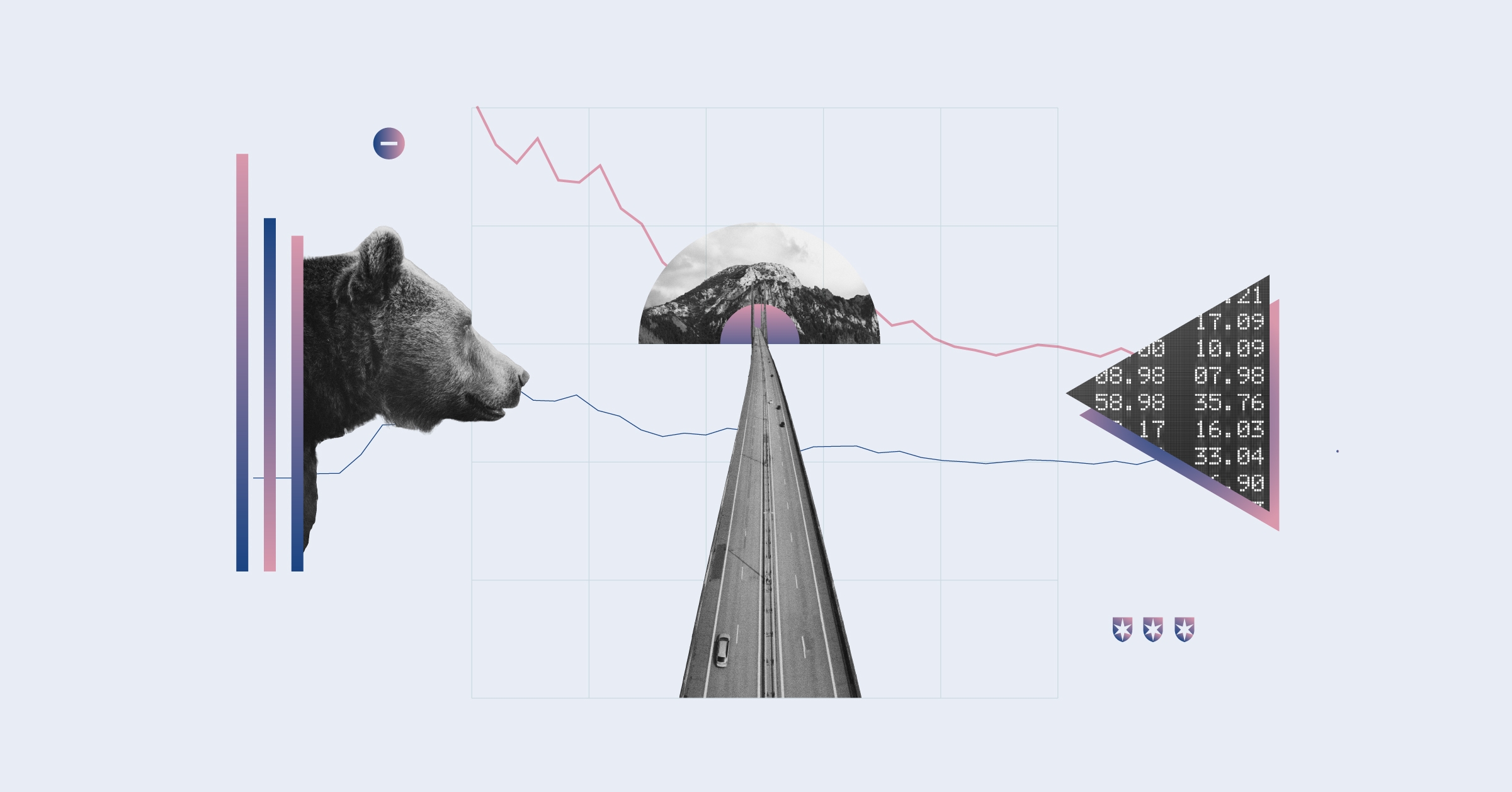Jeremy Glaser: From Morningstar I'm Jeremy Glaser. After a tumultuous May in the bond market, many investors were closely watching the Fed statement this week. I'm here with Bob Johnson, he's the director of economic analysis at Morningstar, to see what the Fed said and what its implications could be for the bond market.
Bob thanks for joining me today.
Bob Johnson: Great to be here.
Glaser: So what exactly did the Fed announce this week, anything out of the ordinary in your mind?
Johnson: You know in the paper statement there was really nothing really changed from the past releases and I think that that was pretty much the status quo that they will remain supportive of the economy, that they are very closely watching mainly two things: the inflation rate in conjunction with the unemployment rate; and really the tightening wouldn’t begin in earnest until unemployment began to come down; and they reaffirmed that statement.
Now the real point that people might have had points to disagree with was probably what came out of the press conference, where Bernanke talked about how they might get out of some of their mortgage backed securities and how that programme may end. And when he talked about that programme, he said there was kind of decoupling if you will between the mortgage buying and the Fed funds rate.
The Fed funds rate… there was pretty much unanimous agreement that that rate, which is about 0.25% right now-- 0 to 0.25%, will not go up until 2015 and they reaffirmed that in every possible way. I think 13 of the governors were all on board that that was going to happen in 2015. So that was certainly one thing that came across loud and clear. But on the other hand they did also talk about that they would begin perhaps tapering the purchases of bonds, their mortgage-backed securities in particular, which they have been buying $40 billion, $45 billion worth every month for the last several months. And that that programme might slow and if they stayed on the Fed's relatively optimistic economic game plan--or forecast, I should say, not game plan--that the bond buying might be completely over by the middle of 2014 and that, that would imply that probably the unemployment rate would be about 7%.
Now some people thought that if we had to get all the way down to 6.5% [unemployment rate] before anything happened with any monetary policy, but that clearly was not what they said. But that’s I think what hit the people real hard in the market today is that, oh yeah, they are talking seriously about tapering and they are talking about even an end of all purchases within less than a year.
Glaser: So we had already been talking about tapering, however the market did have that pretty big sell-off on the news. I mean I think it was just that the expectations were that it really wasn’t going to happen until maybe the middle of next year.
Johnson: I think there was some feeling at the beginning of the week that oh, you know maybe those were just trial balloons that this whole tapering thing wasn’t really going to happen and then Bernanke saying, no, no we are keeping things easy for a long time. I think there were some hopes that maybe that would be what he would say today or say, well that’s in our long term evaluation plans or reaffirm that it's not until 6.5% that we start or do something that kind of shored people up a little bit. I don't think people were finding – were expecting that they were going to get the complete deal, that if we could stay on a current economy path that maybe we'll be all done with bond buying within a year.
Glaser: Why is there a worry about tapering though? You know the Fed's balance sheet will remain extremely large. Bernanke talked about it's just kind of lifting the foot off the accelerator a little bit, not hitting the brake. Is there a worry that this is going to cause mortgage rates to rise or this is going to cause some other interest rates to rise and then hurt the economy?
Johnson: Well, how he obviously characterised it is that their current programme to stop buying bonds is really just taking the foot off the gas, not stepping on the brake if you will. They pretty much said, we're not selling any bonds anytime in the near future, we may not ever sell them. They may stay on our balance sheet until they fully mature. So, it's clearly, by keeping them on the balance sheet that's the thing to look at. And they also said that they would take all the principal and when people repay their mortgages that they would go out and invest that in more mortgages.
Well, if you look at the data, the mortgage market is actually shrinking right now. So if they say that, that's really a pretty powerful statement that it's not going to be a negative effect on the overall markets, because if they're doing what they are saying, they're reinvesting what they've got in a market that's naturally shrinking right now. The mortgage has gone from over $10.5 trillion probably to close to $11 trillion. It's something that looks more like less – just right around $10 trillion. So we shrunk the market. There's more shrinkage in front of us. So that I really think that not buying more is not as big a deal as somebody will make it out to be.
And by the way, they're not the full force in the market that some people think. The Fed owns, right at this moment, about $1.1 trillion of mortgages. And the whole US residential mortgage market is about $10 trillion. So just a little bit over 10% of the market is what they own today. It isn't like they own all of them.
Glaser: That's a good point. I mean, the Fed – certainly gloom is large, lot of investors plan – there's a lot of talk about maybe the big rise up in stocks, the support in the housing market is really dependent on the Fed, continuing their stimulus in that. It's a bit of a house of cards that's going to come tumbling down when the Fed comes out. What's your view on that? Do you think that these markets can survive the Fed in a different stance?
Johnson: Well, you know, that's why I have a really, really strong and adamant opinion. I mean, the Fed has certainly helped nudge things along, just like cash for clunkers maybe kind of changed the attitude. It got the car market moving and then it settled back down on its own a little bit and then it took off and we've had a very, very nice auto recovery. So I really give them a lot of credit for nudging things along. But this idea that they're creating a bubble, that they are just super energising the market, it's the only reason it's gone up. My goodness, there's so many things going right in the US stock market and in the US economy that explain the move in the stock market that it's not all about the Fed.
We've seen tremendous growth in oil and gas reserves and production in this country, which has been a huge factor in the improvement in this economy. The auto industry has gone from building 9 million units and it's bottomed to back to close to 15.5 million, 16 million units. So we've had a huge deal there.
The housing is up. Yes, [the Fed has] helped stimulate that. Yes, mortgage rates have stayed low. But there's a lot of pent-up demand. We should be selling 1.5 million, or starting 1.5 million new homes every year just to keep up with population. It's pent-up demand. It's not about this artificial stimulus, whether rates are 4% or 5% or 5.5%, it may exclude a few bars at the edge, but you've got people that just are now having children, they need to move into a bigger facility. You've got people that are being born and have to get put somewhere and that's what's not being captured.
Then you've got productivity. I mentioned the auto industry is practically back to normal. We are practically at 100% of our past peak of production, not past peak or in the last recovery. And employment's only about 70% of what it was. We've gone through tremendous productivity enhancement. We've seen corporate earnings go up dramatically. Again that's not all about the Fed, they've helped nudge a few things along but there's a lot of fundamentals in the economy that are strong as well.
And I know people may look at the data and say, the Fed said something, the market is down 200 points, all that's ever moving the market is the Fed. That's the wrong logic behind it. The stock market has come a long ways, we had an upsetting event and the market reacted to it. It's not – you shouldn’t draw the conclusion that it's the only thing moving the market is Fed because when the Fed says something, the market goes down.
Glaser: It's going to be a bit too much of a focus there. You mentioned that they had pretty rosy economic projections. What happens if the economy doesn't meet that? You know to think there is a possibility that they said they could adjust upwards or downwards, I mean you could see even more bond buying from the Fed?
Johnson: Yes. That's one thing to keep very – I mean if [Bernanke] said it once, he said it a million times. But he said, you know what, if the economy doesn't get better, none of this tapering is going to happen. In fact we could turn around and start buying bonds again. And he said everything depends on what all the economic metrics come out to be. The Fed forecast underlies all his data, he's really relatively optimistic. They are using 2.3% to 2.8% for GDP growth inflation-adjusted for 2013.
You all know that I have a usually a relatively bullish view of the world and I'm thinking 2% to 2.25% this year. I think if we get to 2.8%, God help us, and if we do, the stock market will be higher because everybody's corporate earnings will be dramatically higher.
Then for next year, they are really at 3% to 3.5% which seems like even more of a stretch to me. I think something more like 2.5% looks like kind of a top number for next year to me. So I think the Fed's forecast have been too optimistic before, they got called on the carpet at the press conference a little bit for that today and I think they are too optimistic again. And maybe none of these tapering programmes ever really happen because the economic data just isn't there to support it. I tend to be a little bit more cautious. I think we had a nice growth rate in the first quarter, but we'll certainly be under 2% in the second quarter.
Glaser: How about inflation? It's running very low. Too low for even one of the Fed governors, do you think that that could become a problem of deflation kind of rearing its head again here?
Johnson: He did allude to it, they don't want to see inflation get too low. But he seemed to feel that some of the low inflation rate was due to kind of some odd things in the oil industry, and that perhaps some of the medical payments issues were kind of weighing on the inflation number a little bit. So he was not worried about inflation. Nevertheless, the Fed did drastically cut their inflation forecast for this year and next.
Glaser: So another topic of conversation at the press conference and beforehand was, is this Bernanke's last term, is his tenure at the Fed ending? President Obama made some comments that seemed to indicate that Bernanke is on the way out. Looking at the potential further candidates that could come in, the potential make-up of the Fed, would you expect for there to be any major policy changes after the Bernanke era ends?
Johnson: It seemed like the President was pretty darn clear that this was probably the end of the line for Bernanke in the interview. So I think the premise is that he's gone, and I'm surprised the market hasn’t even reacted a little bit more strongly to that than they have. But I think he is done. I think that there are a lot of very capable people in the Fed. Every time we talk, we talk about there is a vote and there is a number of people on the Fed voting committees, and it's not all about one person. It's a job. Sometimes it's a persuasion to get everybody all in line, but that it really is a very well-established group with a lot of people, a lot of different personalities and I think a number of people could really do a nice job in that position.
I think that there is nobody that's rolling back, there's nobody that says, if I ever have to hold this side I have to rule out QE and certainly that's not going to be, somebody is likely to be appointed by President Obama anyway. So, I'm really not expecting to get a new hawk in there to run the Fed, I don't think that's a very likely thing at all and I think that somebody who remains relatively loose with their policies is a possible.
Glaser: So, Bob, finally, you said that there isn't a big chance of interest rates really rising at least with the Fed raising their key rate until 2015. What do you think that means for kind of the bond market, for the Treasury market, where would you expect to see – we saw yields tick up pretty significantly over the last couple of months – would you consider that to keep happening?
Johnson: Well, let's talk about, let's take just one number there, and the number I mentioned is the real short-term rate that helps to control bank lending and so forth, the so-called Fed funds rate, and that's the one number they always have controlled and later with their bond buying programmes they control a few other markets as well. But right now, what we've done… and the 10-year Treasury is a good benchmark, 10-year Treasury bond usually runs 2% to 2.5% above whatever the underlying inflation rate has been for the last year and it's not a lot more complex than that, if the Fed's not intervening in the market.
We got the rate down as low as 1.4% when the Fed was really in full gear and right now rates have come back up dramatically in the last few weeks, well kind of in the 2.2% to 2.3% range. So, we have come not quite a full point, but close to it and we may have just about that much left to go and my basis for that is we got the inflation index running around 1.1% at least on the Fed's preferred measure and you take that 1.1% and you add 2% to 2.5% to it and you are somewhere in the 3% to 3.5% range. So, that's where Treasuries will go, before you can endure 3% to 3.5% Treasury bond rate you probably got an issue.
Rates will go there. We just don't know if it will be tomorrow or if it's going to be a year from tomorrow, but I certainly want, that's were rates have to be and where they go and that's kind of minimum expectation of where they have to be. It's been interesting through the Fed gossip mill and leaking speeches and so forth and disagreeing governors, so we've managed, I thought we'd have a day where they said, well, we're not doing any more bond buying and it's in our press thing and the rates would go up to 3% immediately within two or three days.
Instead here with all the disagreement depends on this and depends on that, it looks like you've managed to sidestep the one day 2% move and we've kind of eased into a just a little bit.
Glaser: Bob, thanks so much for your analysis today.
Johnson: Thank you.
Glaser: For Morningstar, I'm Jeremy Glaser.

















